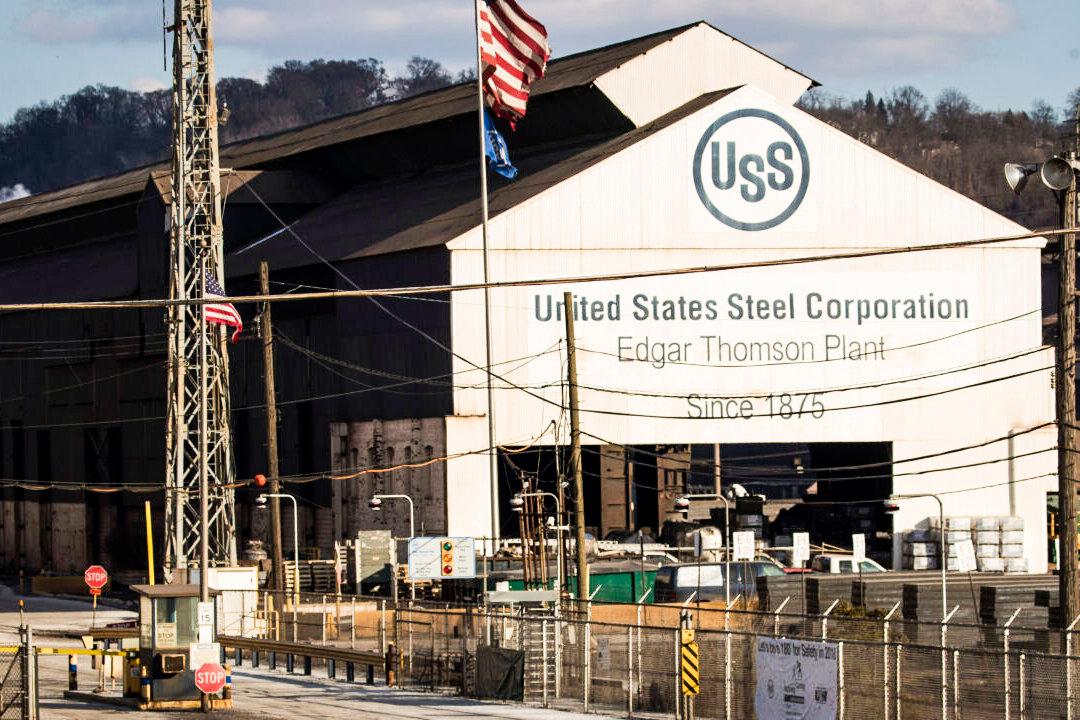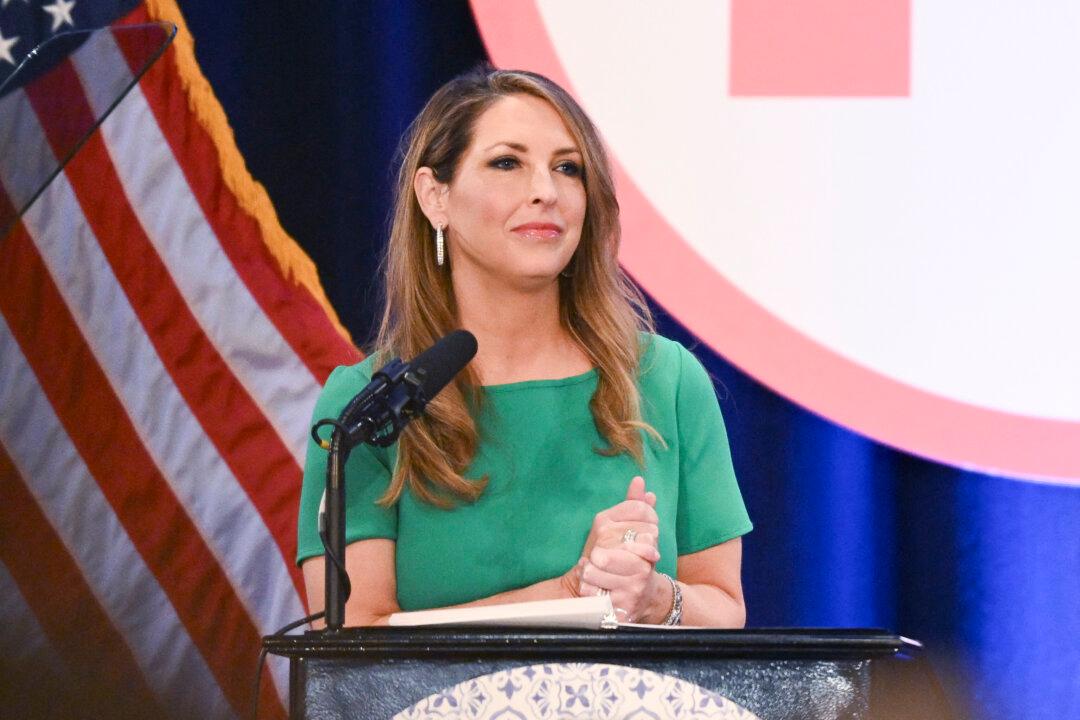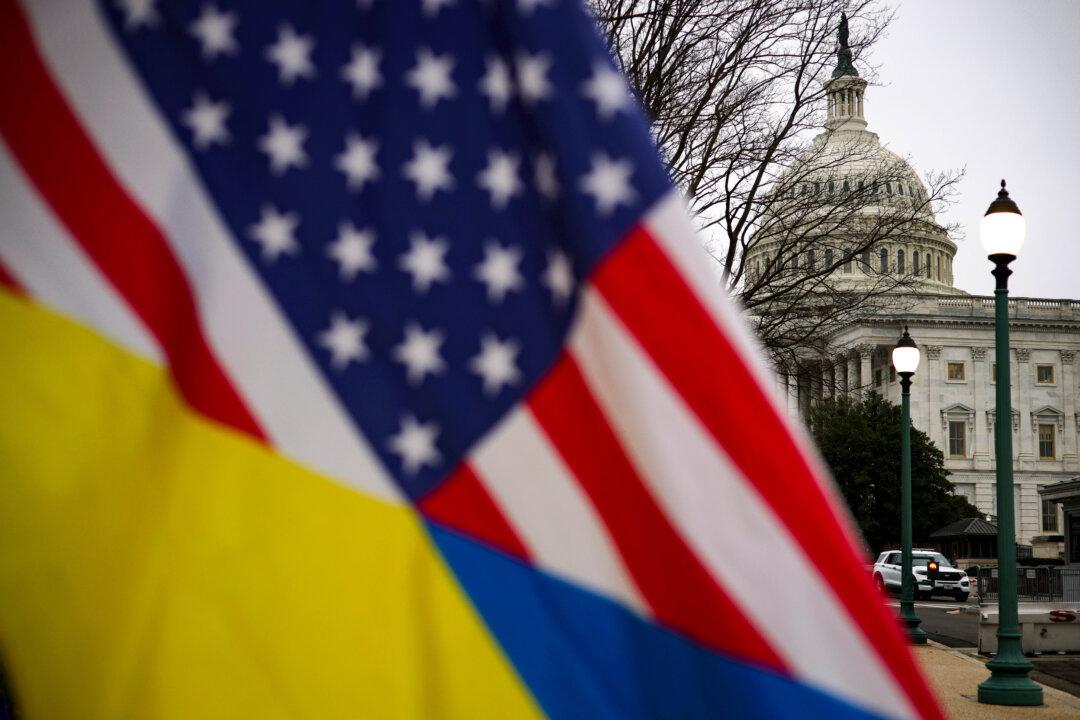The United States and European Union (EU) have reached a deal to settle the dispute over tariffs on steel and aluminum imports from the EU.
National security adviser Jake Sullivan, U.S. Trade Representative Katherine Tai, and Commerce Secretary Gina Raimondo announced the agreement on Oct. 30.





